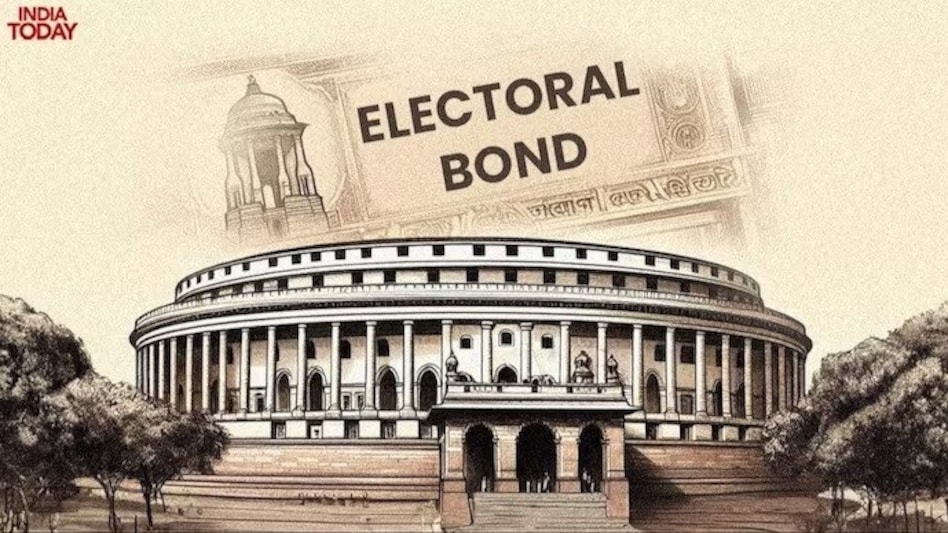A five-judge Constitution bench led by Chief Justice D Y Chandrachud will hear the matter at around 10:30 am today.
The Supreme Court on Monday will hear a State Bank of India (SBI) petition seeking an extension of the deadline to submit information on electoral bonds to the Election Commission of India (ECI) until June 30. A five-judge Constitution bench led by Chief Justice D Y Chandrachud will hear the matter at around 10:30 am today.
The bench will also hear a separate plea by the Association of Democratic Reforms (ADR) seeking contempt action against the SBI for failing to comply with the apex court’s direction to disclose details of electoral bonds to the ECI.
What did the SBI tell the Supreme Court?
On March 4, the SBI asked the top court to extend the deadline till June 30 as retrieving the information from April 12, 2019 till February 15, 2024 will be time-consuming and the need to maintain anonymity has made it complicated. During this period, a total of 22,217 electoral bonds were used for making contributions to various political parties.
What did ADR say in its plea before the top court?
ADR’s plea alleged that the SBI “wilfully and deliberately” disobeyed the Supreme Court’s orders to submit details of contributions made to political parties via electoral bonds to the ECI by March 6.
“The petitioner herein is filing the instant petition seeking initiation of contempt proceedings against State Bank of India for wilfully and deliberately disobeying the order dated February 15 passed by this court … wherein this court directed SBI to submit details of contribution made to the political parties through electoral bonds to the Election Commission of India by March 6,” the contempt plea said.
SC’s February 15 verdict
On February 15, the electoral bonds scheme for political funding was called “unconstitutional” and declared invalid by the Supreme Court. The top court said that the scheme violates the Constitutional right to freedom of speech and expression and the right to information.
In its verdict, the SC also directed the SBI to provide details of all electoral bonds that were encashed from April 2019 onwards to the ECI by March 6. Moreover, all banks were also asked to stop issuing further electoral bonds.
“Curbing black money and ensuring anonymity of donors can’t be grounds to defend electoral bonds or need for transparency in political funding,” the court said in its verdict. The top court also directed the Election Commission to share information regarding electoral bonds on its website and the bonds that have not been encashed till date shall be returned.
“Information about corporate contributions through electoral bonds must be disclosed as the donations by companies are purely for quid pro quo purposes,” the top court said.
What are electoral bonds?
Electoral bonds were introduced by the Government of India in 2018 to facilitate anonymous political donations. These are interest-free bearer bonds or money instruments issued through authorised branches of the SBI. The bonds are available in multiples of Rs 1,000, Rs 10,000, Rs 1 lakh, Rs 10 lakh, and Rs 1 crore.










